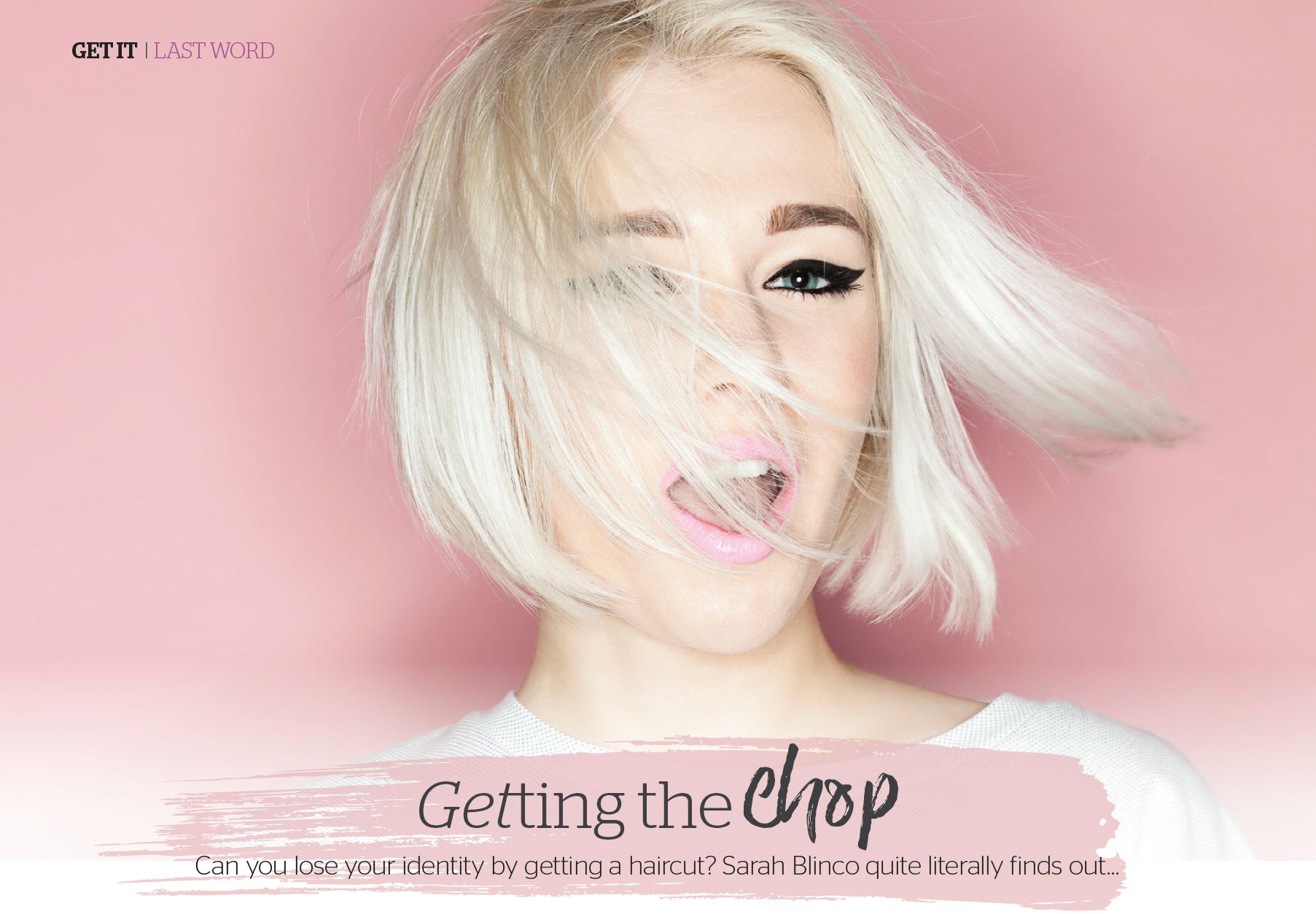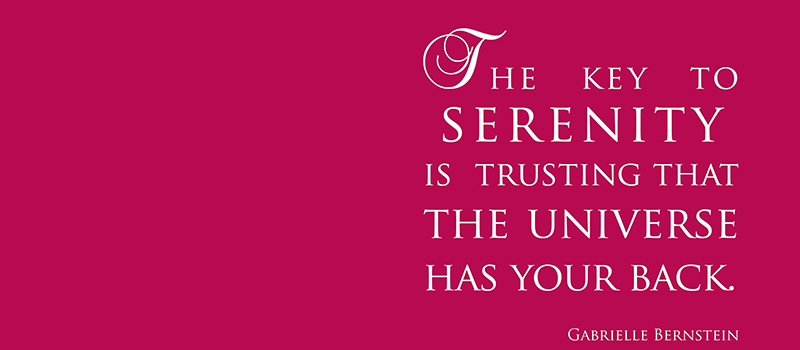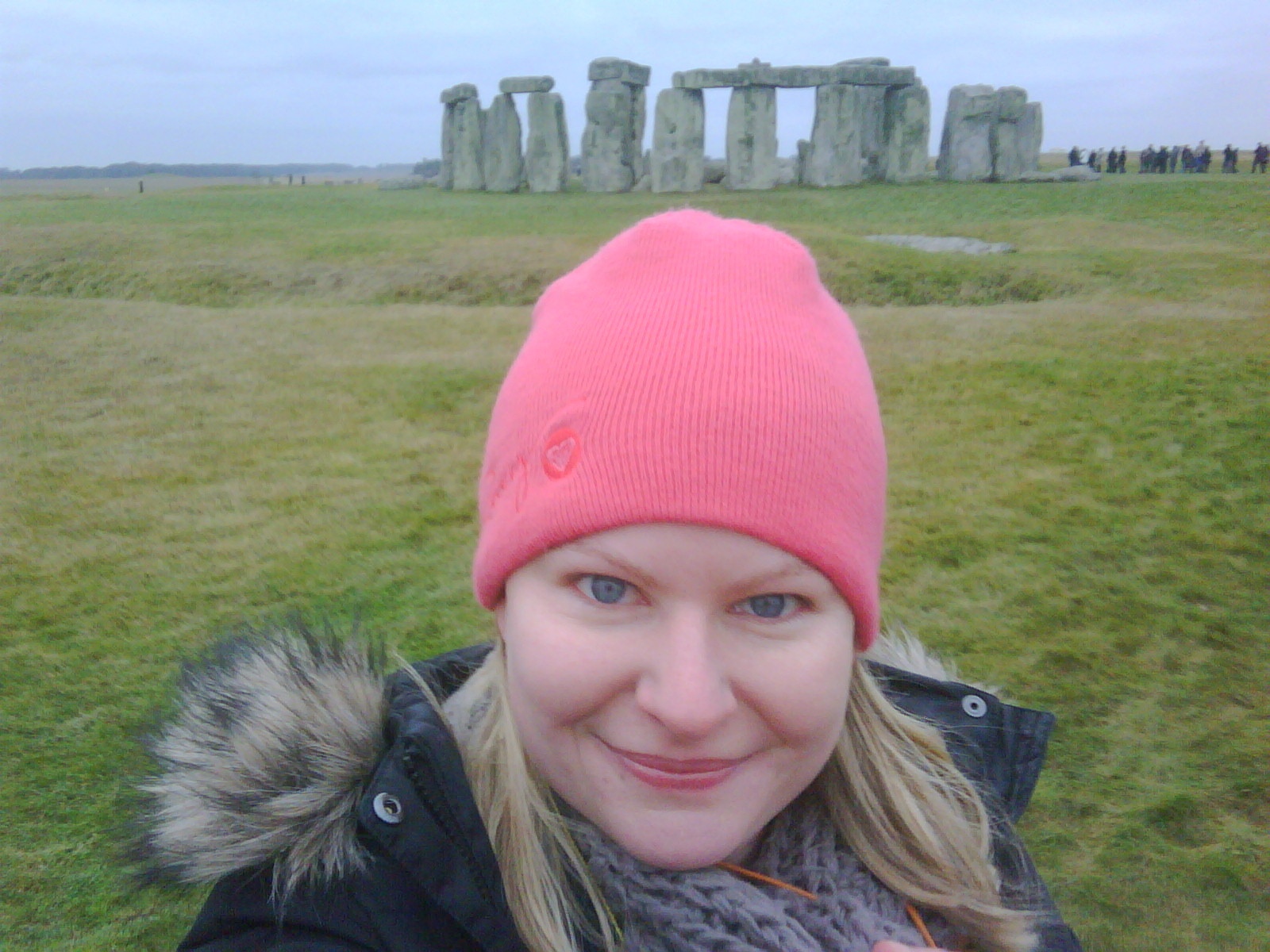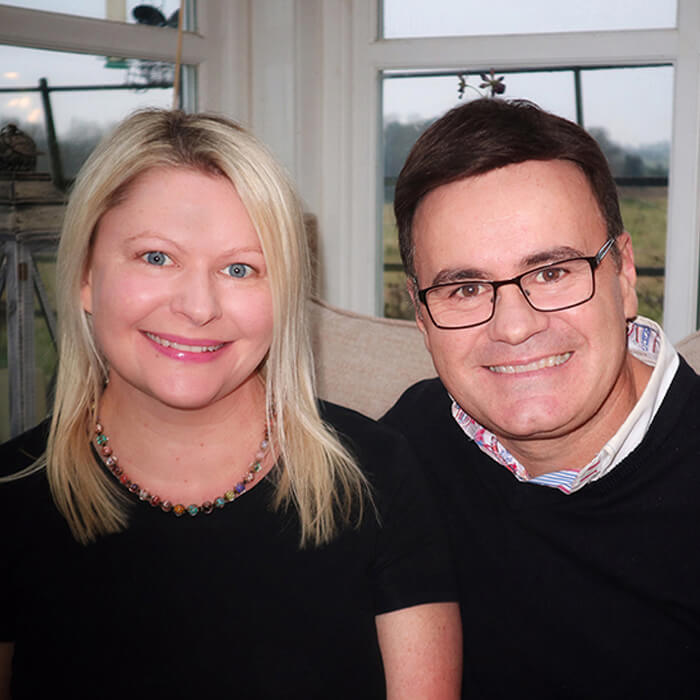
by Sarah Blinco | Aug 15, 2017 | Lifestyle, Travel blogger destinations, Travel Live Learn in the media
Can changing your hair change your identity?
Happy to be back and having a say – the Last Word to be precise – in Get it Magazine. This month, wisdom in a haircut. How? Read on to find out, and click the cover photo to read the digital edition of this lovely mag. –Sarah

Every few years as the seasons change I find myself casually eyeing photos of short hairstyles – cute bobs, messy beach crops and sexy layers. Infrequent browsing becomes more determined, and the excitement of a new do dawns.
I inevitably commit. Let’s cut this long boring hair. Yes!
I browsed, bookmarked, and was even clickbaited by InStyle UK when the magazine declared the look of the year is a “hot platinum blonde buzz cut”, as showcased at Paris’ Haute Couture Fashion Week in July by Katy Perry, Cara Delevingne and Karlie Kloss.
Those ladies are never wrong. We should all do this, right? There’s nothing like a rebellious visit to the salon where you announce to your gleeful stylist, ‘Let’s do this – I’m ready for a change and to let the world know I’m not afraid – you have my blessing to CUT!’
I showed up on time, gave the salon dog, Dolly, a hug, and then produced my efficient Pinterest board full of inspiration and examples. My stylist smiled and nodded. I felt confident.
Other blondies will understand the process – colour first, then toner, wash, condition; all the while gossiping, flicking through magazines and scrolling Instagram (trying not to pick out too many more photos that demonstrate how we might like to look at the end of this big event).
The scissors appeared and the chirpy apprentice primed her phone in order to Instagram my transformation. The examples I shared showed a choppy blonde look that fell a little above the shoulders. My hairdresser went to start at that length, but during a moment of miscommunication when I wasn’t entirely paying attention (I was actually filming Dolly for Facebook because I am a [crazy] dog-lover), a lot more hair came off than I expected.
The bob was chic and shapely. But oh, it was short.
Some of you reading this know me and you’ve likely heard me preach about how change is great – go for it, put yourself out there, quit the job you hate, fall in love, move overseas, go travelling, adopt a rescue dog, cut your hair off… all excellent ideas.
The crisis of identity that followed was kept secret, except from Cooper my long-suffering better half. He offered support. ‘You look ten years younger,’ he said. Bless him. ‘Yes’, I thought, because I haven’t had this cut since I was 15!
At this point all I could see was long hair – film, television, magazines, my own selfies. Long hair, everywhere.
This all happened right before we went on a holiday and in hindsight part of the problem for me was trying to style a brand new cut while using harsh hotel hair products. My hair wasn’t moving. I defiantly refused to be in photos. I didn’t look like me. I consider myself to be quite ‘low maintenance’, and was surprised by my reaction. I took to Google to try and make sense of it all. Psychology Today explained: “Because it is so visible, hair becomes a part of a person’s identity. It helps define the persona you aim to create… Hair can also influence the way you define yourself to yourself, as an extension of your identity”.
By the time I returned to my day job, I had started to master the look. I was even warming to the new me. My manager tentatively complimented the change, and followed with a story about how he’d once thought he was doing the right thing by acknowledging a colleague’s cut only to have her promptly burst into tears. #firstworldgirlproblems
Now I’m back though. The ‘brave’ one with the cute crop (and hair trend of 2017?); the blondie who does things most others won’t [are not crazy enough to] do. People seem to like it. I do now too. Did I lose my identity? Yes, for a bit. Was it worth venturing outside of my comfort zone? As I always say, definitely.
Read the August issue of Get it Magazine online

by Sarah Blinco | Nov 19, 2016 | Creative travel experiences, Lifestyle
I now have loads of law of attraction success stories, which I feel fortunate about. But there was a time when this was all new. Recently, I experienced a really really terrible week. That was followed by several weeks prior that weren’t much better.
Appreciating the journey: my law of attraction success stories
I’d been faced with countless deadlines and challenging situations in all of life’s fundamental areas. Top it off with a seriously ill loved-one and me feeling generally unsupported. I hit one of those awful places in time where I was finding it difficult to get up in the morning. Inevitably something had to give, and it’s where one of my big law of attraction success stories begins.
I was stuck on where to start and how to ask for help to see things differently.
My mood matched that of the now-wintry grey English skies.
As one to usually be able to drag myself out of feeling miserable, I found myself in a place where I didn’t know what to do next. I was depressed, teary and withdrawn.
I waited for the clock to tick down at work each day. I felt utterly awful, and even more down because usually I’m happy there. I enjoy my days and make a point of trying to make someone else’s day a bit brighter too.
Ironically, someone I turn to for genuine and useful advice was also having a terrible week. While I appreciated the odd bit of sympathy gained here and there, I basically felt really alone.

Getting out of a hard place
Seems to be the way when down times hit. I’m sure you know the feeling well – we’ve all been to this place.
There’s a difference between feeling a bit down and being depressed, and my mind wasn’t in a great place. I was depressed.
Thanks to the tools I now carry with me though – those law of attraction success stories – I knew it was up to me to crawl out of it, no matter how hopeless I felt.
Engaging with the law of attraction: small changes
I still insisted on hiding under my warm quilt covers instead of going to the gym in the mornings. But despite feeling like I was easily set-off at every tiny little thing that could be perceived to be going wrong each day, during my morning commute I endeavoured to try to lift my own spirits.
Friends know I’m a huge fan of author and speaker, Gabrielle Bernstein, and her new book, The Universe Has Your Back, had been sitting on my Kindle for a few weeks.
I felt like it might be time to open it up.
On the bus each morning, I read just a few pages at a time, absorbing one small idea a day and taking it with me into work.
The one thing that struck me in the opening pages of the book was Gabrielle’s discussion about how we are the dreamers of our dream; we are responsible for what we see.
I knew that I was feeling sad and disappointed, and that there were reasons which had led me to that place. I have learnt that it’s ok to feel down about things sometimes, for a little while.
But, I knew the way I was feeling was not how I wanted to continue feeling. I didn’t want to be taking it with me everywhere and I sure as hell didn’t want to be projecting it into the world. I’m well aware that what I put out will come back in larger doses.
I wasn’t even sure where or how to ask for help and didn’t have any idea how I’d be able to shift what I was seeing in front of me.
I highlighted in Gabby’s book:
“You don’t have to be a world leader to have a radical shift in perception. Sometimes it can be as simple as choosing to perceive your job with more gratitude or your family with more love.”
I practised this in my head and in writing, and it helped a bit.
I knew if nothing else, just trying would raise my energy (and therefore what I was attracting) just a notch.
How to ask for help and to see things differently
I was still in a horrible place and this didn’t help me move through to anywhere significantly better. I felt particularly low that I was lost and without an idea of what to do moving forward.
Which is why this next part of Gabby’s law of attraction success stories and advice was very helpful and as always, timely. It’s why I feel compelled to write a few words about it.
You see, I’ve realised in recent years that we don’t have to have the answers all the time. We don’t necessarily need to worry about figuring out what to do. (This coming from someone who feels very uneasy without a plan!)
All we need to do is ask for help.
“I need help. I want to see things differently.”
I am completely aware of this strategy but typical of being in a hopeless funk, we often forget to follow the advice we give to others.
I’ve used this strategy previously when I’ve been at the end of my options (or seemingly so). I’ve called on my law of attraction success stories and experience when I have wanted to make a difference to loved ones having a hard time.
I stop and ask for help – a miracle even. And, I must say, I’ve seen it work each time.
The part about seeking a different perspective is reasonably new to me – or at least, specifically seeking a new perspective as a strategy is novel.
But how would it work?
I wasn’t sure, but it seemed straightforward and something that I could call on even when I was feeling hopeless.
I went about making this my daily mantra – asking to see things differently.
I fumbled my way through the week still feeling like a right old miserable mess, and half feeling like my crazy self-help strategies were failing me.
But being the believer that I am, I persisted.
“Help me see things differently”.
And then it happened, out of literally nowhere, some news that changed the way I would view a scenario that was getting me down the most.
Something that had felt hugely disappointing turned out to be hopeful.
Then the next day, additional information came my way that lifted a veil of uncertainty over another upsetting situation that I’ve been holding space for.
I’d asked to see things differently. I had no idea how any of it would go, after all, that’s part of the reason I was feeling so depressed – I couldn’t see my way out of problems I was perceiving.
I kept asking to see things differently. Low and behold, that’s what happened in a relatively short amount of time from when I started asking for help!
Apparently the universe does have my back, and I’m glad to have had the chance to witness it.
Make changes
Want more practical law of attraction exercises and advice? Read more here about how to implement gratitude, manifest money and dream analysis to make shifts in your reality.
Do you have any law of attraction success stories to share that might help someone else? Or did this piece help you? Let me know in the comments.

by Sarah Blinco | Feb 28, 2016 | Career and mindset
A few years ago I compiled this interesting set of interviews for a national women’s magazine in Australia, on when in life is the best time to live abroad and travel. I had the opportunity to chat with some inspiring women over 30 years old, who had decided to take a ‘late gap-year’ – that is, a year to live and work abroad (despite the expectation that a ‘gap year’ is only for under 25s).
Unfortunately, the editorial team at the magazine changed direction during a new year restructure, so this feature never saw the light of day. But, as it’s becoming more and more common to ditch the early backpacker years to develop a career, and then take a ‘risk’ on a life far away from home ‘later’ in life, I’ve decided to dust off this piece in the hope it inspires one more of you to take the plunge this year!
The great (late) gap-year debate.
Why now is your time to live abroad and travel
Would you press ‘pause’ on life in order to head overseas? Four women talk to Sarah Blinco about the risks and gains associated with taking time out for a mid-career ‘gap year’.
A few years back I could think of nothing else but going to live abroad. I felt like I’d missed my chance, entirely career-driven throughout my twenties. Finally I’d reached a horrible point where I felt like I was ‘too old’ to follow a dream. When fate presented an opportunity to move to London, I just scraped in securing a British work visa by age 31. I couldn’t believe what was happening – a chance to live and work overseas, just when I thought it had slipped away. Why then, on my way to London, did I sit fighting back tears, panicking, thinking, ‘what have I done’?
I’d packed all my worldly belongings into the required 20kg checked luggage, said goodbye to family, friends and dog (utterly awful), and was on my way to Britain. No job, no home, no friends. It had only dawned on me that making the decision to leave life as I knew it behind to experience some kind of Eat Pray Love dream was probably the easy (or perhaps stupid?) part. I was doing my utmost to contain my freak-out so that fellow passengers wouldn’t get the wrong idea!
Spinning in my mind were questions like what if some of those loved ones aren’t around when I return? Will I adjust abroad? What if a job isn’t here for me when I come home? Will all my friends be married with kids when I get back? Will I be completely out of the loop? What was I thinking?
If the numbers of older professional Australians working and residing in cities like London, Dubai or New York are anything to go by, women are evidently getting over these fears (as I quickly did) and letting go of safety nets in order to embark upon a ‘contemporary gap year’ – that is, choosing to take a mid-career pause to travel and develop international skills.
In fact, a recent Wanderlust travel survey found that over 50 per cent of respondents thought that taking a gap year for the ‘big trip’ of a lifetime mid-career was actually the best time to go, above post-university, after having children, and retirement.
Taking my homeland, Australia, as an example too, in 2012 there were over eight million overseas departures, and of that number, 372,200 left with the intention of going ‘for good’. The Department of Immigration and Citizenship (DIAC) anticipates that around 80,000 of those Aussies will see the dream realised, starting a new life abroad. Australian Department of Immigration statistics share that 66.1 per cent of this 80,000 departing permanently were in employment prior to leaving, and 25.5 per cent – the largest group, were professional adults, 25 to 39 years old (almost even between women and men); highly skilled and well educated, and increasingly mobile, moving between Australia and other countries as career and life chances appear.

The concept is undoubtedly exciting, especially to career-minded women who missed a chance to travel earlier. However, when an adult gap year becomes reality and with seemingly more at stake the older we are, is the experience worth the worries associated with putting ‘real life’ on hold?
Teaching in the Middle East
Hannah Wallis, a teacher and education recruitment consultant, admits to a panic attack mid-flight to her new life over such a decision. “I was 30-years-old and chose to move to Jordan following an invitation I’d received to teach there. I had never been to the Middle East and I was really interested in going somewhere that my friends had never tried”. Hannah says the biggest risk to her was leaving a happy life behind in Australia. “I was worried about hating it in Jordan, but it wasn’t until I actually got on the plane that I panicked.”
A gap year involves starting again on one level or another (new home, job, friends, routine…), and obviously for Hannah these issues were magnified. “I arrived in the capital city at midnight… was raced through the airport and taken to a hotel that was in the middle of the desert. I thought this is crazy, what I am I doing? It was like landing on the moon… I was taken to a medical centre where I had a needle stuck in my arm. I wasn’t put in a chair or anything, just jabbed. It was very scary”.
Hannah lived and worked in Jordan for two years. “The first year was good because it was all new to me. The difference in culture is difficult; I was ready to come home at the end of my contract”. She adds that she doesn’t regret the experience and might consider a future gap year teaching in Asia, however Hannah maintains that taking time abroad in your twenties is preferable. “You’re less mouldable [in your thirties]. You know your own limits a bit more but that’s not to say you don’t know them in your twenties. I think it’s easier to go with the flow when you’re younger. Also, when you come back home when you’re 25 for example, you still have time to kick around for a bit; but when you come back in your thirties you have to be serious. Everyone expects you to settle down.
It’s harder to secure visas when you’re over 30, and there does inevitably come a point where you question whether you’re prepared to start again”.
Setting up fresh in Hong Kong
“Is it brave or stupid to take a late gap year?” Sydneysider Fleur Filmer, Startup and business growth specialist, and Managing Director of Lulu and I.com, laughs heartily at the question.
Only a clinically insane person would do what I did – going to Hong Kong, one of the most expensive places in the world, on my own at 35, with no job but yes, I’m very happy for the experience!”
Fleur decided that she wanted to do something totally different with her life and thought that a gap year would broaden her horizons.
“This incredible opportunity presented itself when I was 35 and it’s honestly been one of the best decisions I ever made. My family was shocked – I’d never flown the coup before! They didn’t expect something like this from ‘professional, ‘responsible’ me, but they thought it was courageous… It wasn’t until I’d set up my apartment in Hong Kong and the shipping container with all my belongings was on the sea that I thought, ‘wow, I must be nuts’; I felt empowered though – I’m the only person I know who has ever moved to another country without a job, but I went out, sought advice, started my own business in Hong Kong and the whole thing just felt right”.
Fleur attributes her positive experience to the fact she was older. “You face things with a different head on your shoulders once you’re out of your twenties. Financial security is also a big thing for this version of a gap year. You can experience another culture and not have to slum it. If I’d done this when I was 21 I wouldn’t have appreciated it… I wouldn’t have had the ability to understand how awesome the opportunity to take a gap year is. My experience taught me that if you follow dreams there will be lots of rocky things happen along the way, but if you stick to your guns you’ll get there. This is exactly what I’ve done and now I have devised my absolute dream business in Australia – I owe it all to my gap year in Hong Kong”.
Falling for Paris
Sydney-based book editor, Desanka Vukelich, agrees that an older gap year has improved her confidence. “It’s most certainly a brave thing to do, taking a gap year when you’re mid-career. The experience has helped me to have the courage to know I can do anything”.
In 2008 at the age of 30, Desanka left a prestigious job as an in-house editor and moved to Paris for a year. She explains, “I knew I wanted to travel and work overseas but mostly in my twenties I was shy and wasn’t ready for the adventure”.
The critical risks to Desanka were employment, and pride. “I was really scared of failing in the respect that I wouldn’t get a job in Paris, and that I’d have to turn around and come back with my tail between my legs. My cousin inspired me by reminding me that I’d never failed at anything I’d tried before, so why should this be different? This gave me the confidence to stop worrying about home safety nets and just get on with my dream”.
Desanka, like Fleur, insists that ‘gut instincts’ played an integral role in overcoming concerns relating to this type of ‘controversial’ life move.
“The period before I left for Paris was definitely a confirmation of the fact I was doing the right thing. It was a very positive time. For me the gap year later in life was worthwhile because I simply had more wisdom than I did in my twenties… I now maintain my own successful business thanks to inspiration and lessons from my time overseas that I couldn’t have gained at home.
Too often we get caught up in worries that turn out to be unnecessary, like what people expect us to do – I feel it’s not a sufficient way to live. I understand that not everyone has the option though, and it’s difficult when people feel obliged to others or even themselves to do certain things. The overriding lesson for me though, is that the risks are worth it and I now live following my heart and instincts. I found work, everything was the same in Australia when I got back, but I had a life changing experience in Paris, it was home”.
There’s no place like London
Katrina Dudley, a marketing professional from the Gold Coast says that she stands testament to the fact that age is advantageous when dealing with challenges associated with a new life elsewhere.
“When I was 19 I moved to Tokyo to live, but stayed for three weeks and had to come home because I was too overwhelmed. My biggest fear ten years later however, was that I wouldn’t have the chance to take this gap year. I was running out of time to secure the working visa and was keen to accept an opportunity in England”.
The British gap year option for Katrina wasn’t about taking a break from her career but was more about adding to her skill set. “There was some resistance. My parents hated to see me leave. They queried why I would want to go when I had a mortgage, a good job and would have to come back and start again, but a large part of me knew it would be worth the risk. My career was in full swing but I had to follow my dream and I was fortunate to be presented with amazing opportunities in London… Now I am in Australia I see how easily you can slip back into life. I think people are concerned that they will come back to nothing, but it’s all the same.
If anything, employers love the fact that you have broadened your horizons, experience and skills”.
Is an adult gap year brave or stupid? Katrina replies, “In my experience it’s not stupid at all. I think it is a shame that people don’t step outside their comfort zone… When you’re younger a year away is a bit more like an extended holiday; when I lived in London it was ‘real life’. All the risks that seem like issues before you leave home turn out to be inconsequential. In the UK had a network of friends, a responsible job, annual leave. Other people find love and their dream jobs overseas! It is also easier when you’re older and have a well paid career – you appreciate it all differently and have money to do many amazing things… I would definitely consider another gap year. I think it would be brilliant to move to Mexico one day, work remotely on my laptop and learn Spanish”.
When is the best time to live abroad and travel?
Tracey Batty, CEO of Pure Professional Recruitment encounters many considering the ‘contemporary gap year’: “Working offshore is a great thing to do but my advice is to be very clear about what you want to achieve. Build your ‘gap year’ around goals for the year, whether they are to explore, improve career marketability, to make money or to find your passion”.
Primary concerns
- Not ‘settling down’ and buying a house.
- Missing out on home front career opportunities.
- Not being taken seriously / finding employment abroad.
- Criticism for being ‘irresponsible’; also missing friends and family. Tracey adds, “remember though, twelve months is not a lifetime”.
Worth the risks
- Increased confidence, professional and personal growth.
- Finding love, inspiration or adventure abroad.
- A professional / marketable skill is advantageous in most ‘adult gap year’ cases, improving financial and job security. Tracey notes, “look for international transfers or secondments within your organisation – you may be surprised what you find when you speak to HR or a recruitment company”.
- It’s now acceptable to not be restricted by antiquated age stereotypes.
For me, I ended up returning for a second time, and am generally happier for the experience (at least for now!). What are your thoughts on the best time to live abroad and travel? Please let us know in the comments below. Similarly, any questions, please ask.
Re-edited in 2015, original interviews prepared in 2012.







